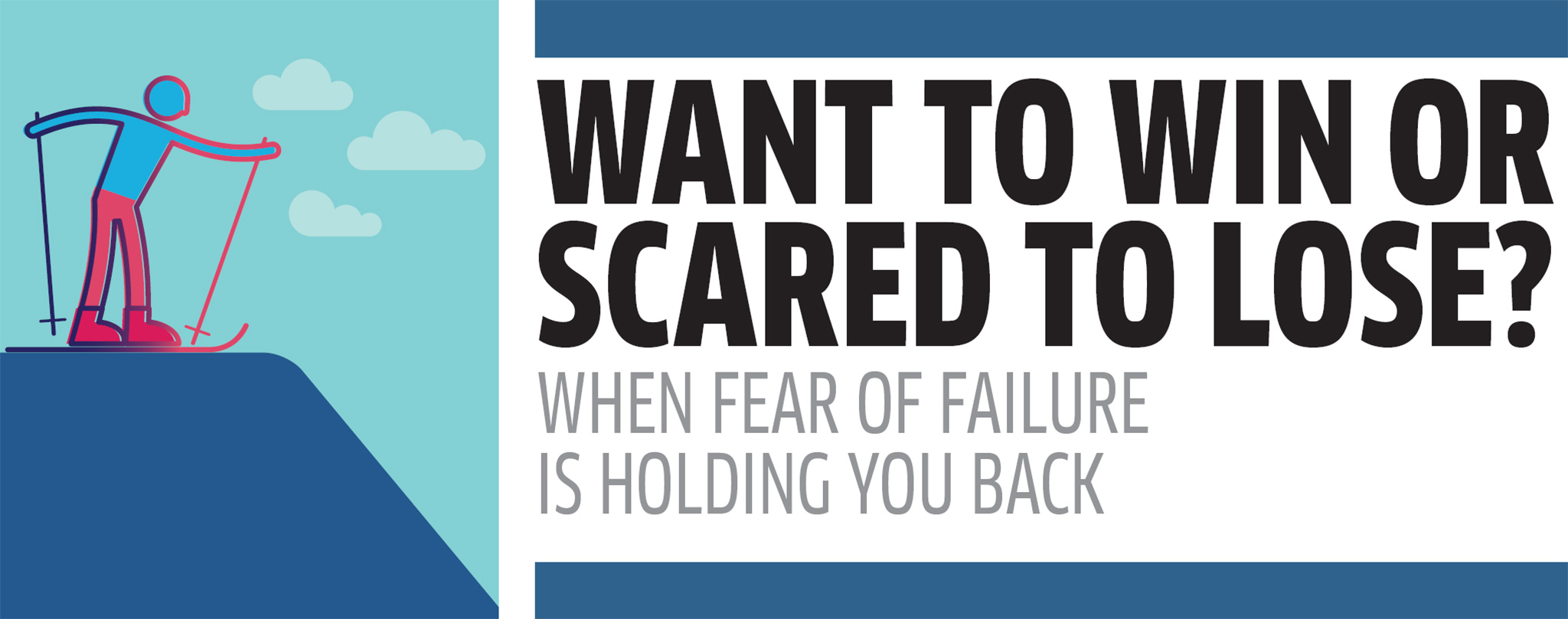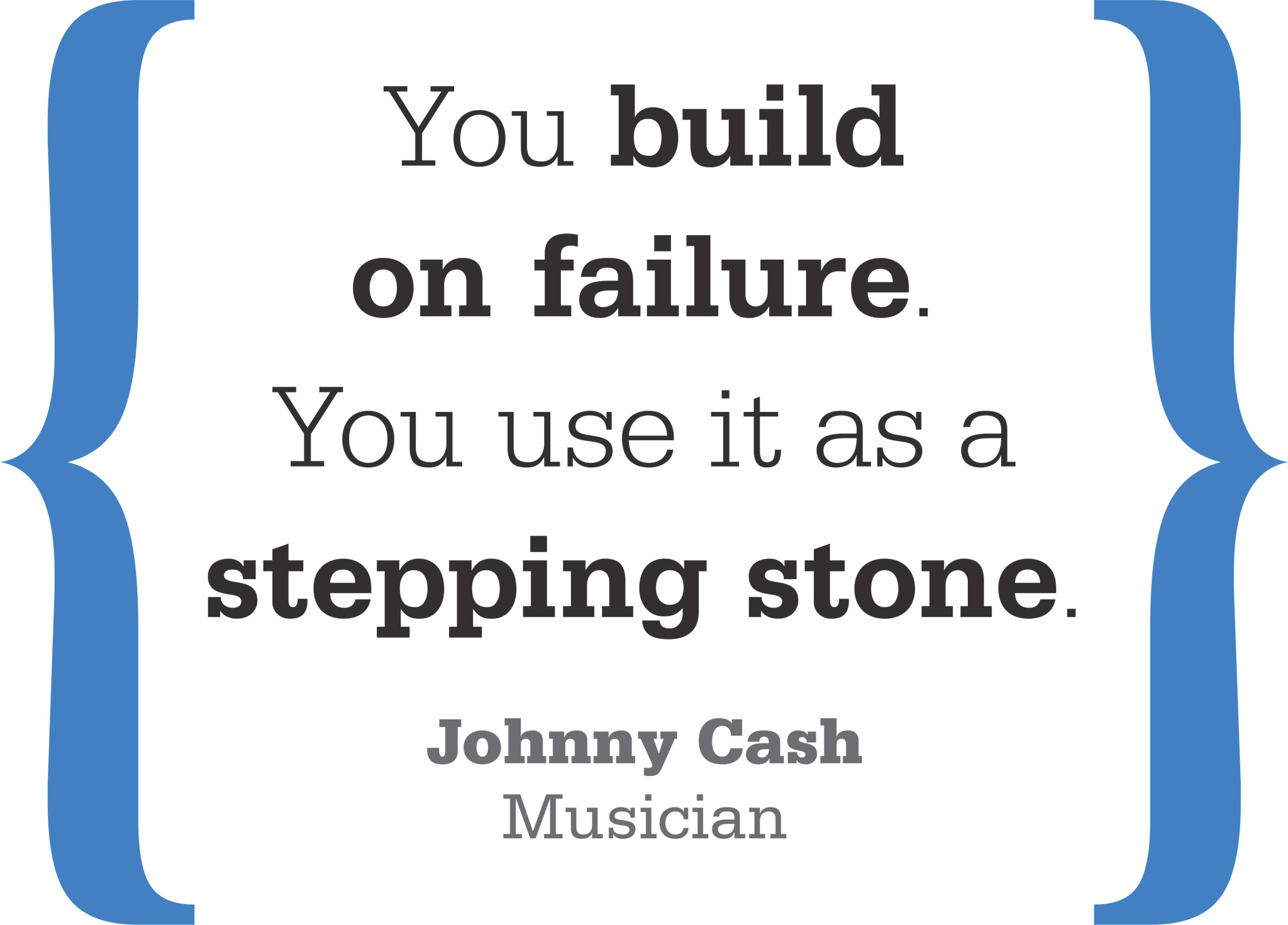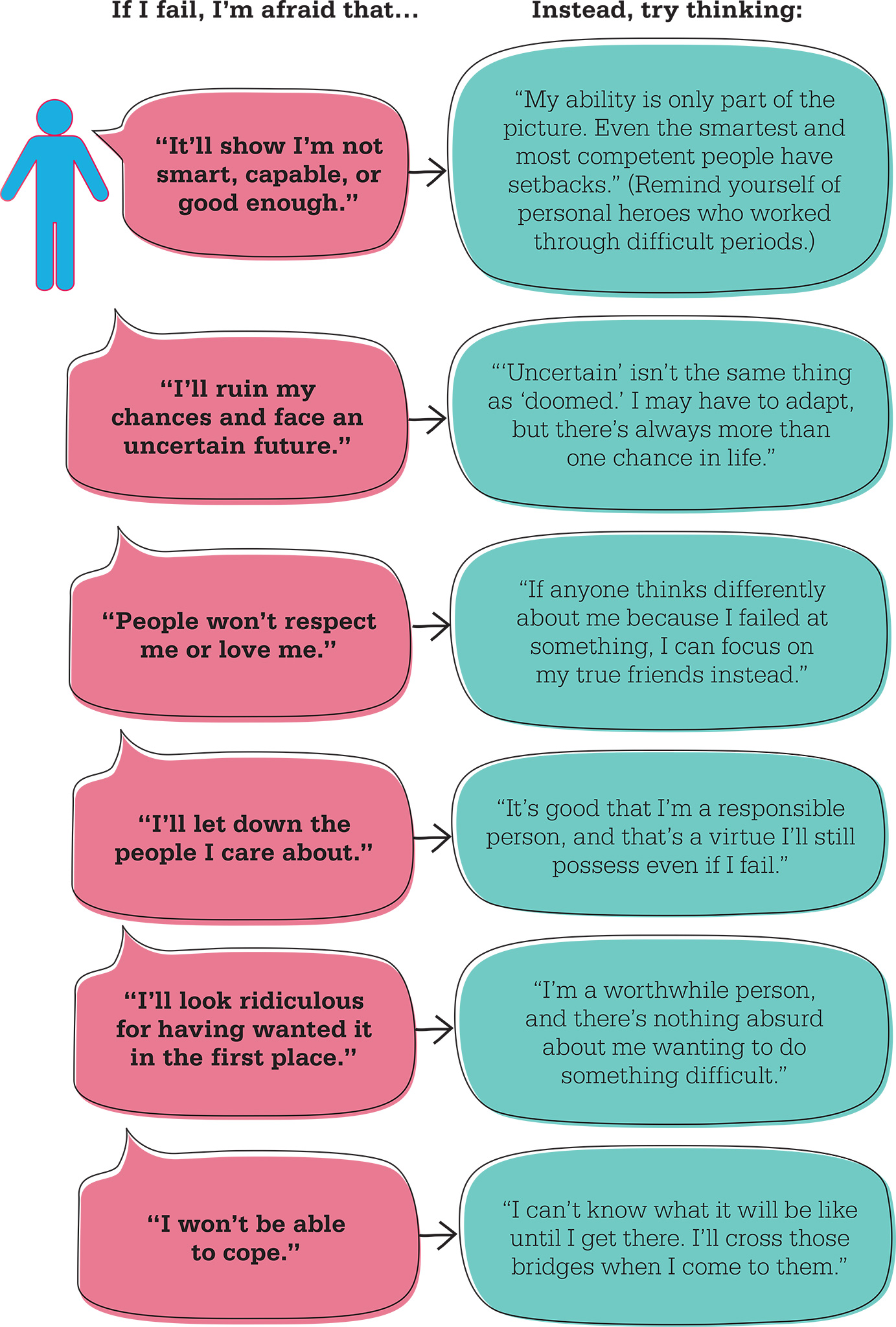
The fear of doing poorly can have a significant impact on our actions and choices, hindering us from making progress. The first step toward overcoming your fears is to reframe how you think about failure itself.
Nobody wants to fail. There’s a difference, though, between fearing failure because it means the frustration of our plans, and fearing failure for its own sake. Sometimes our motivations are active: we do something because we want to, or because we want to bring about a result. Sometimes, however, our motivations are avoidant: we do something because we fear what will happen if we don’t.
Using fear to your advantage
Fear of failure isn’t always a bad thing. A 2015 Dutch–American study published in the Journal of Business Venturing found that many successful entrepreneurs cited fear of failure as one of their strongest incentives. The difference appeared to be what psychologists called an “internal yardstick” for success: the people galvanized by fear were the most ambitious. Afraid to “fail” by not making further progress in their endeavors, they harnessed this fear and used it to spur themselves on.
What about those of us who freeze at the thought of being found lacking? It’s one thing to decide not to take a risk because failure seems likely. It’s a problem, though, if fear of failure increases our chances of it happening. The trouble is, we’re prone to undermine ourselves if we’re anxious. A 2010 Canadian study found that students who were especially afraid of failure were also particularly likely to procrastinate. Other research has found that we can make ourselves ill with worry: if you keep getting headaches or stomach upsets, or find it harder to focus the more stressed you are, it’s time to examine what you’re really afraid of.

Learn not to take it personally
If something falls apart, it’s normal to feel sad or disappointed—even angry. But the key to success is understanding and accepting that these are subjective reactions to an event, not objective measures of what kind of person you are. Disappointment and frustration eventually pass, and if you can keep yourself from getting too caught up in these feelings at the time, they’re likely to pass sooner. It’s normal to feel bad if something fails—but it doesn’t mean that you are bad.
If the idea of failure holds a particular terror for you, it may be a sign that you need to bolster your self-acceptance. Everyone fails sometimes; you’ll make more progress if you learn from the experience and figure out how to do things differently in the future.
 what scares you?
what scares you?
Fear of failure can be experienced in a variety of ways. A 2016 international study published in the Journal of Business Venturing identified several main themes to how we express our worries. Do you recognize any of these concerns or coping mechanisms in your own thinking? If so, fear of failure might be inhibiting your behavior:
MENTAL ANXIETIES
Personal ability
“Do I have what it takes?”
Social esteem
“Will my reputation suffer?”
Opportunity costs
“Can I still have a decent work-life balance?”
EMOTIONAL TENSION
Feeling unhappy
“This is stressful!”
BEHAVIORAL RESPONSES
Inhibition
“I have to be cautious.”
Motivation
“I’ll just have to try harder.”
Repression
“I can’t think about this right now.”
niggling self-doubts
Does the fear of failure dominate your thinking? We all have moments of doubt, but keep an eye out for certain assumptions. If you find yourself dwelling on any of the ideas in the left-hand column below, remind yourself that there are other, more productive ways of considering things:

